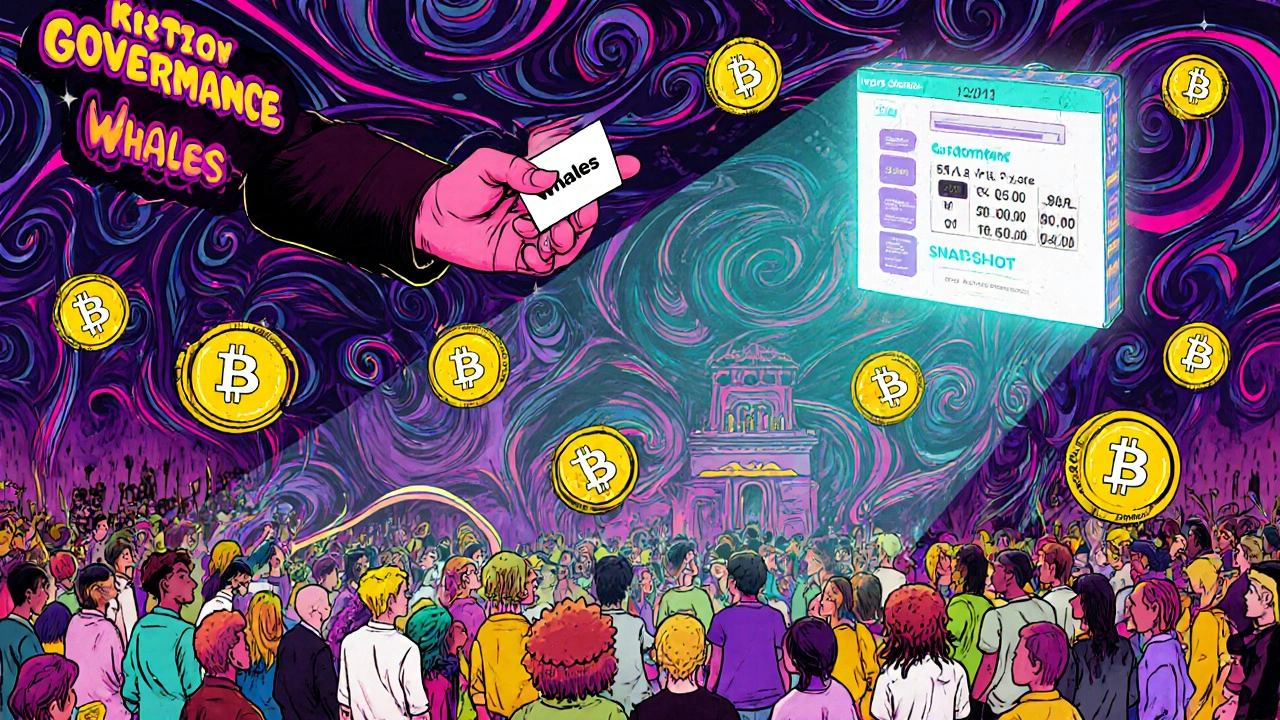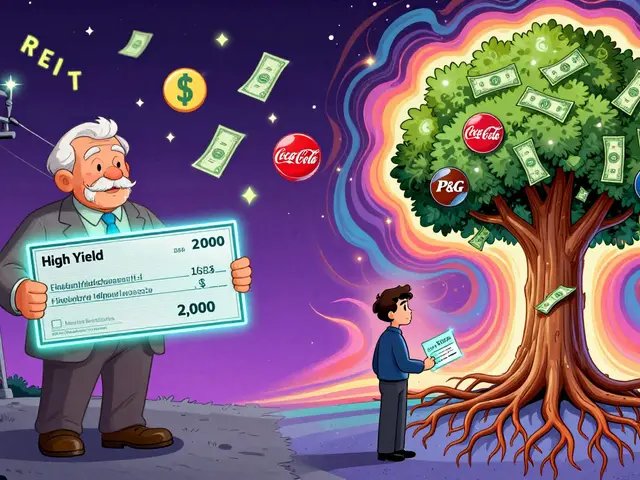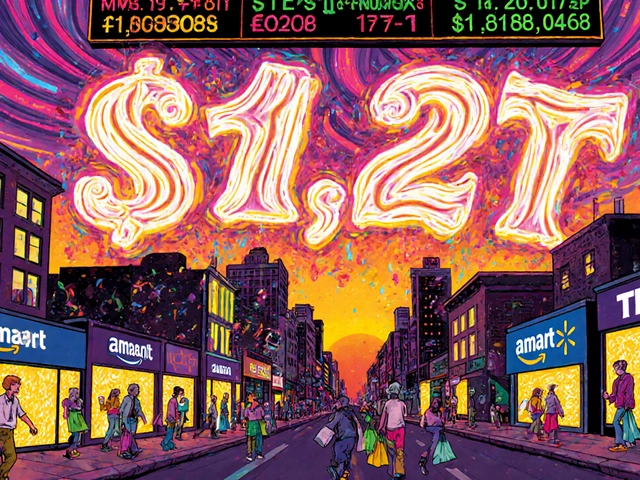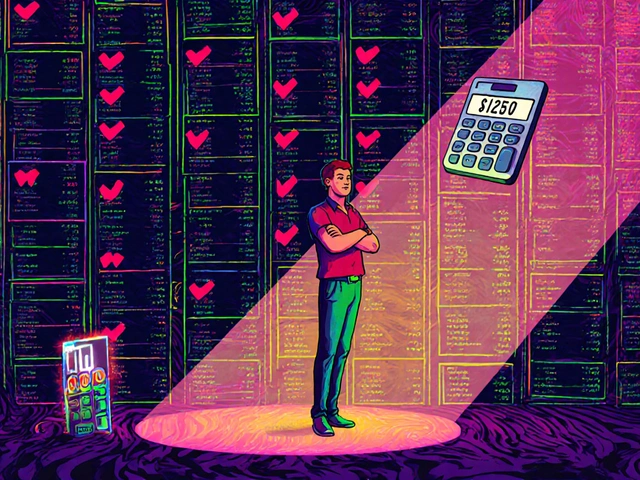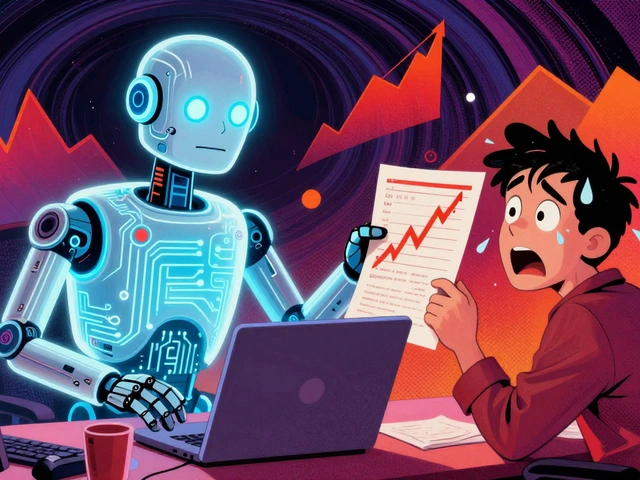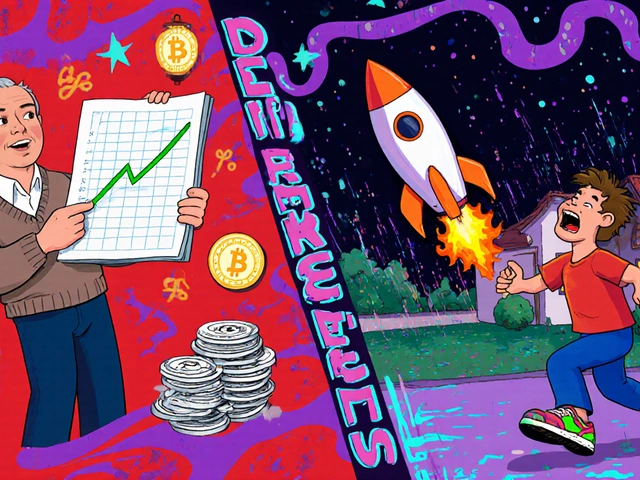Crypto Governance: How Decentralized Networks Make Decisions
When you hear crypto governance, the system that lets users vote on changes to a blockchain without a CEO or board. Also known as blockchain governance, it’s what keeps networks like Ethereum, Solana, and Bitcoin running when no single company owns them. This isn’t theory—it’s real. People with tokens vote on upgrades, fee changes, and even how money is spent from the network’s treasury. If you hold crypto, you’re part of this system—even if you don’t realize it.
Most people think crypto is just about price swings, but the real power move is DAOs, organizations run by code and community votes instead of managers. Also known as decentralized autonomous organizations, they handle everything from funding developers to changing rules on the fly. A DAO isn’t a company. It’s a set of smart contracts that execute what the majority of token holders agree on. Think of it like a digital town hall where your vote is tied to how much crypto you own. But here’s the catch: owning 1% of tokens doesn’t mean you get 1% of the power. Some projects give more weight to long-term holders. Others let you delegate your vote to experts. And some? They don’t even let you vote at all—because the core team still pulls the strings.
token voting, the method where crypto holders cast votes based on their holdings sounds fair, but it’s messy. Big wallets—often called whales—can swing votes. That’s why some networks now use quadratic voting, where buying 100 votes costs way more than 10. Others require staking your tokens to vote, which locks them up and aligns incentives. And then there’s the silent majority: most holders never vote. They assume someone else will handle it. That’s how a few people end up controlling the future of a $10 billion network.
Real-world examples matter. In 2023, the Ethereum community voted to freeze a wallet after a $60 million hack. No court order. No CEO. Just a majority of token holders saying, "Stop this." In contrast, a major DeFi project failed because its governance votes were ignored by developers who didn’t like the outcome. Crypto governance only works if people care—and show up.
You don’t need to run a DAO to understand this. But if you own crypto, you’re already involved. Whether you vote, delegate, or ignore it, your holdings have weight. The best investors don’t just track price—they track governance. Because a project with broken governance can collapse overnight, even if the tech is perfect. That’s why some of the smartest traders check governance forums before buying. They know: the code is law… until the community votes to change it.
Below, you’ll find real breakdowns of how trading systems, portfolio tools, and financial protections connect to the bigger picture of decentralized finance. Some posts show how volatility plays tie into governance risks. Others reveal how identity protection matters when your wallet is your only ID. These aren’t random articles—they’re pieces of the same puzzle. And understanding crypto governance is the key to putting them all together.
